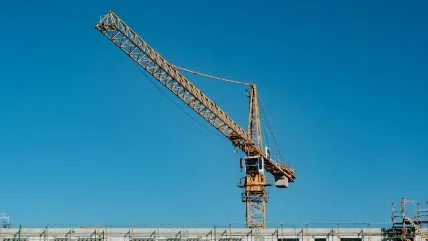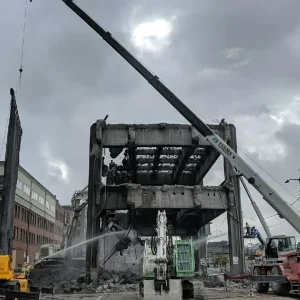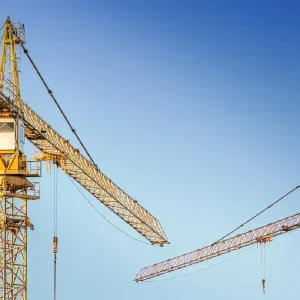
Introduction
In the dynamic landscape of the cranes industry, the impacts of societal polarisation cannot be overlooked. From political divisions to cultural differences, the industry finds itself navigating through a complex web of challenges. In this article, we delve into the ramifications of societal polarisation on the cranes sector, exploring its effects on supply chains, workforce dynamics, and regulatory frameworks.
Understanding societal polarisation
Societal polarisation, characterised by deepening ideological divides within communities, has significant implications for businesses across sectors. In the cranes industry, this phenomenon manifests in various forms, including:
- Political Uncertainty: Political polarisation can disrupt regulatory environments, leading to uncertainty in investment decisions and project planning.
- Cultural Variances: Cultural differences among stakeholders may influence business practices, communication styles, and project expectations.
- Economic Disparities: Socioeconomic divisions can impact market demand, financing options, and the distribution of resources within the industry.
Impact on supply chains
Efficient supply chains are essential for the smooth functioning of the cranes industry. However, societal polarisation can disrupt these chains in several ways:
- Trade Barriers: Heightened tensions between trading partners can result in trade barriers, tariffs, and export restrictions, affecting the movement of cranes and related equipment.
- Supply Chain Resilience: Socio-political instability in certain regions may jeopardise the reliability of supply chains, prompting companies to diversify their sourcing strategies.
- Regulatory Compliance: Divergent regulatory frameworks across jurisdictions can pose compliance challenges for multinational crane manufacturers and suppliers.
Workforce dynamics
The cranes industry relies on a skilled workforce to design, operate, and maintain complex machinery. Societal polarisation influences workforce dynamics through:
- Labour Mobility: Political and social unrest in certain regions may hinder the mobility of skilled workers, impacting project execution and maintenance activities.
- Diversity and Inclusion: Cultural differences among workforce demographics require inclusive workplace policies and cross-cultural training to foster collaboration and productivity.
- Talent Acquisition: Recruiting and retaining talent becomes challenging in polarised societies where individuals may be reluctant to relocate or engage with companies perceived to hold opposing ideological views.
Navigating regulatory frameworks
Regulatory frameworks play a crucial role in shaping the operating environment for crane manufacturers, contractors, and service providers. Societal polarisation complicates regulatory compliance through:
- Policy Instability: Shifting political landscapes can result in frequent policy changes, forcing companies to adapt quickly to new regulations and compliance requirements.
- Stakeholder Engagement: Engaging with diverse stakeholders, including government agencies, industry associations, and community groups, becomes essential to navigate regulatory challenges effectively.
- Risk Management: Political and social risks must be factored into risk management strategies, encompassing contingency planning, insurance coverage, and stakeholder communication.
Strategies for resilience
Despite the challenges posed by societal polarisation, proactive strategies can help the cranes industry build resilience and adaptability:
- Diversification: Diversifying supply chains, market presence, and talent pools can mitigate risks associated with geopolitical instability and cultural differences.
- Collaborative Partnerships: Forge strategic partnerships with local stakeholders, industry peers, and governmental bodies to navigate regulatory complexities and foster community engagement.
- Technology Adoption: Embrace innovative technologies, such as IoT-enabled monitoring systems and autonomous crane operations, to enhance efficiency and reduce reliance on manual interventions.
Conclusion
As the cranes industry grapples with the ramifications of societal polarisation, proactive measures are imperative to mitigate risks and seize opportunities in an increasingly complex operating environment. By understanding the nuances of political, cultural, and economic divides, stakeholders can chart a course towards resilience and sustainable growth in the face of uncertainty.






